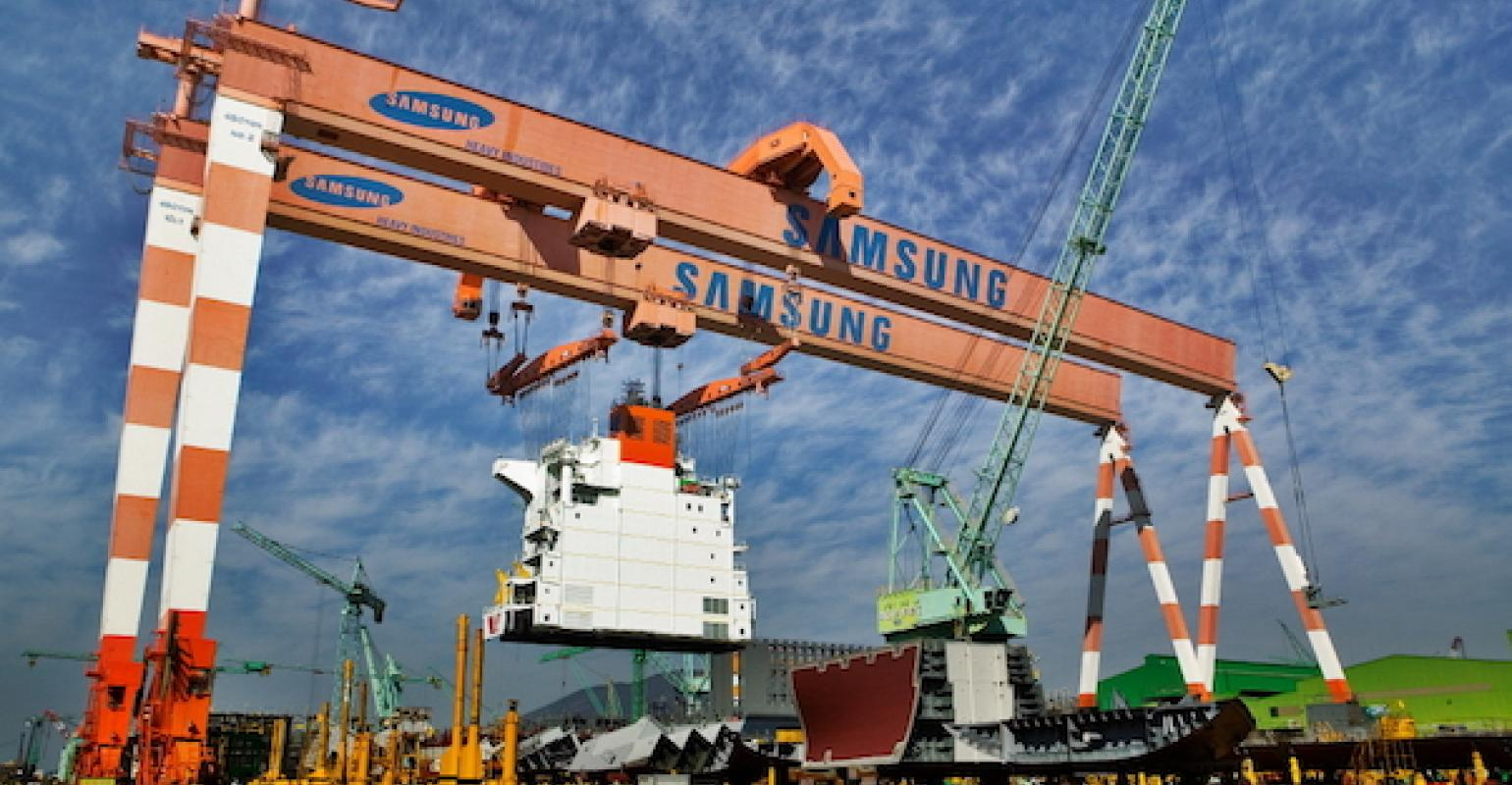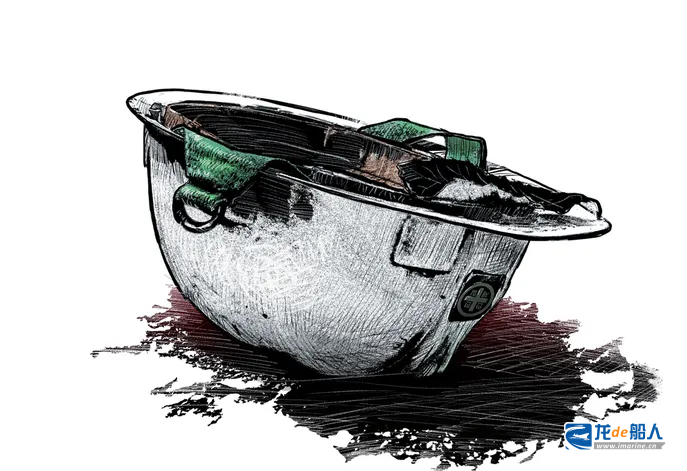South Korean President Lee Jae-myung has called for tougher penalties for companies repeatedly involved in major accidents, shipbuilders like HD Hyundai Heavy Industries, Samsung Heavy Industries and Hanwha Ocean have sounded the alarm. Frequent accidents are prompting shipbuilders to urgently establish stricter on-site safety management systems.

Samsung Heavy Industries stated, “All issues identified by the Ministry of Employment and Labor (MOEL) during the temporary labor inspection have been rectified.” On June 30, the MOEL imposed a temporary labor inspection on Samsung Heavy Industries due to deficiencies in its on-site safety management system. The MOEL fined the company and ordered it to rectify the situation.
Since last year, Samsung Heavy Industries has experienced several major accidents: on January 18, 2024, an outsourced worker fell from a few meters high step in the shipyard workshop and died despite rescue efforts; in September, a worker was hit and killed by a trailer while riding a bicycle in the shipyard; on May 8, 2025, an outsourced worker was hit by flying debris, causing his arm to be severed; on May 27, an outsourced worker was trapped while repairing the monorail of a ship under construction and died.
Due to a high incidence of fatal accidents, Samsung Heavy Industries has become a key target of the MOEL’s crackdown, resulting in temporary labor inspections. Temporary labor inspections involve developing and implementing individual plans for workplaces suspected of violating labor laws and regulations, following the finalization of a comprehensive labor inspection implementation plan. Typically, these inspections focus on wage arrears, long working hours, and violations of industrial safety regulations.
A representative from the South Korean shipbuilding industry said, “Since the crane accident in 2017, Samsung Heavy Industries has significantly strengthened its safety management system. However, due to the recovery of the shipbuilding industry and the resulting increase in construction work, the frequency of accidents has also risen.”
Regarding the shipbuilding industry, officials from Geoje City stated, “Most safety accidents at shipyards are caused by the lack of proper implementation of safety regulations despite them being in place. While implementing safety measures could lead to long-term cost savings, improved awareness among companies has yet to materialize.”
Not only Samsung Heavy Industries, but also the safety issues at South Korea’s two other major shipyards, HD Hyundai Heavy Industries and Hanwha Ocean, are also very serious.

According to the HD Hyundai Heavy Industries labor union, 476 workers have died in industrial accidents at HD Hyundai Heavy Industries since its founding in 1974. The union has accused HD Hyundai Heavy Industries of concealing workplace accidents, even describing it as a “death factory” and “the worst murderous enterprise.”
What’s more serious is that Hanwha Ocean was named the “worst murderous enterprise in the region” by the Korean Confederation of Trade Unions (KCTU) in April this year. Other shipyards named include Samsung Heavy Industries, Chosok H.D. Shipyard and Kumkang Heavy Industries.
In 2024, a total of 17 people died in major shipyard accidents in South Korea. Consequently, during a cabinet meeting on July 29th, President Lee Jae-myung called for stricter penalties for major accidents, strongly condemning them, stating, “Companies should not pursue profits at the expense of workers’ lives. The costs saved by ignoring safety are far less than the costs incurred after the accident.” He also addressed legislative improvements, stating, “If similar fatal accidents occur repeatedly, punitive damages could be considered. Fines or penalties should be higher than currently imposed, forcing the companies involved to bear losses several times their economic profits.”
During the meeting, participants also expressed their intention to study the introduction of severe punishment measures for major disasters, such as “punitive damages”, “restrictions on participation in public bidding”, “business suspension measures”, and “restrictions on financial lending”.
At the same time, South Korea is pushing forward the revision of the Major Disaster Penalty Act and is reportedly considering further increasing the current upper limit of compensation for damages in the event of a major disaster (up to 5 times the loss).
In order to eradicate major disasters, the South Korean government has also implemented specific measures. For example, the South Korean Ministry of Justice announced that it will establish a “special investigation team” of the prosecutor’s office to eradicate work-related deaths; the National Police Agency will set up an investigation command system responsible for coordinating the handling of industrial disasters and major disaster cases, and will set up new special investigation teams in police agencies across South Korea.
In response to increasingly stringent penalties for major accidents, HD Hyundai Heavy Industries plans to implement a new safety and health management system called “The Safe Care” starting August 18, with the aim of eliminating major accidents.
The system designates nine core risk factors, including falls, crushing, electric shock, suffocation, and fire, as “absolutely prohibited accidents,” and stipulates that if relevant safety regulations are violated, operations must be stopped immediately, even if no actual accident occurs, and a zero-tolerance principle must be implemented.
A representative from HD Hyundai Heavy Industries said, “The core of ‘The Safe Care’ is to completely eliminate the possibility of foreseeable major accidents occurring on-site. The company will contribute to achieving the national disaster reduction goals by proactively improving industrial safety.”
In its investment plan announced in September 2024, Hanwha Ocean stated that it plans to invest 1.976 trillion won by 2026 to achieve a zero-accident workplace. A relevant official said, “To prevent major accidents, the company will expand its investment in safety management and strengthen measures such as centralized management of high-risk operations, the right of on-site workers to stop work and intelligent safety management systems.”


